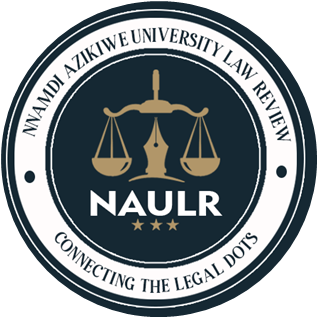BY
BRIGHT ESEOSA ENORENSEEGHE (CORRESPONDING AUTHOR) &
OSAZEE DAVID EGBENUSI
Abstract
The 1990s will be remembered as the era of democratization in Africa. It is during those years that Africa began to shed what was then pervasive one party and/or ‘big man’ rule. Over the years, the euphoria of 1990s has waned and is now giving way to considerable scepticism. Democracy in much of Africa is constrained from delivering on its development potential for three reasons. First, governance capacity is lacking. Second, the quality of electoral democracy is thin. Finally, neo-patrimonialism undermines electoral democracy in Africa. The problem is that elections do not necessarily translate into democracy. Nonetheless, to deepen democracy in Africa the quality of elections is absolutely essential, because there is a connection between elections and democratic stability. The irony of the epoch is that while liberal democracy remains blocked, electoral democracy which is loudly touted is, itself, failing. Hence, in this paper we shall review the electoral practices in Africa; with a view of fostering the recent issue of democratic recession in Africa, echoed amongst scholars. This paper will clearly reveal the clandestine approach, with a ‘seeming’ cloak of democracy, adopted by autocrats to overrun the democratic ethos of elections in Africa. We provide the taxonomy of rigging strategies and relate these to election processes in Africa, to help policymakers and other relevant stakeholders alter or adapt their approaches to election in complex contexts.
